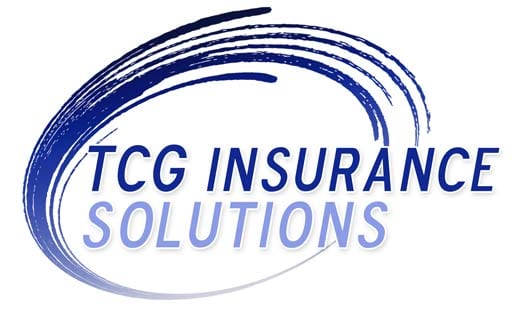The vision of retirement often includes carefree days of leisure and freedom. However, ensuring that this dream becomes a reality requires careful planning and a keen understanding of your financial health. Here’s how you can assess your readiness for retirement.
Savings and Investments
One of the first things to look at when evaluating your retirement readiness is your current savings and investment situation. The amount you’ve amassed over your working years will play a critical role in your ability to maintain a comfortable lifestyle in retirement. Your retirement savings should ideally be enough to replace about 70-80% of your pre-retirement income. Social Security benefits will only provide a fraction of this amount, so the rest needs to come from personal savings, 401(k) plans, IRAs, and other investments. In addition, you should consider the types of investments you hold. A diversified portfolio can offer protection against market volatility and ensure a steady income flow during your retirement years. An age-appropriate asset allocation is also key, with a shift towards more conservative investments as retirement approaches.
Insurance
Healthcare often becomes a significant expense as one ages, which makes insurance a critical factor to consider when assessing retirement readiness. Some people opt to buy long-term care insurance, although Medicare covers most of your needs. However, Medicare doesn’t cover everything, and there are out-of-pocket costs to consider. It also doesn’t pay for long-term care if that’s the only help you need. Additional Medigap or Medicare Advantage plans can help fill some of these gaps and reduce out-of-pocket costs. Moreover, think about life insurance. If you have dependents, a life insurance policy can provide them with financial security in the event of your passing. However, if your children are grown and financially stable, the premiums may not be a necessary expense.
Debt
Debt can significantly impact your retirement readiness. High-interest debts such as credit cards or unsecured loans can eat away at your retirement savings and limit your financial freedom. A retirement-ready individual should aim to be as debt-free as possible. When assessing your retirement readiness, take a close look at your current debt load. If it’s significant, you may need to strategize debt reduction before you retire. That could mean refinancing a mortgage for lower payments, consolidating student loans, or aggressively paying off high-interest debts. Even with sufficient savings and insurance, having considerable debt can make your retirement less comfortable. It could force you to withdraw larger amounts from your retirement accounts, potentially pushing you into a higher tax bracket and causing your savings to dwindle faster.
Retirement readiness is not a single number or a simple yes-or-no answer. It’s a snapshot of your current financial health, your future needs and wants, and the steps you’re taking to meet those goals. Regularly assessing your savings and investments, understanding your insurance needs, and actively managing your debt will provide a clearer picture of your retirement readiness. It can offer insights into adjustments needed to ensure a comfortable, fulfilling, and worry-free retirement.
You might also like: Why Your Aging Parents Shouldn’t Manage Money Alone


